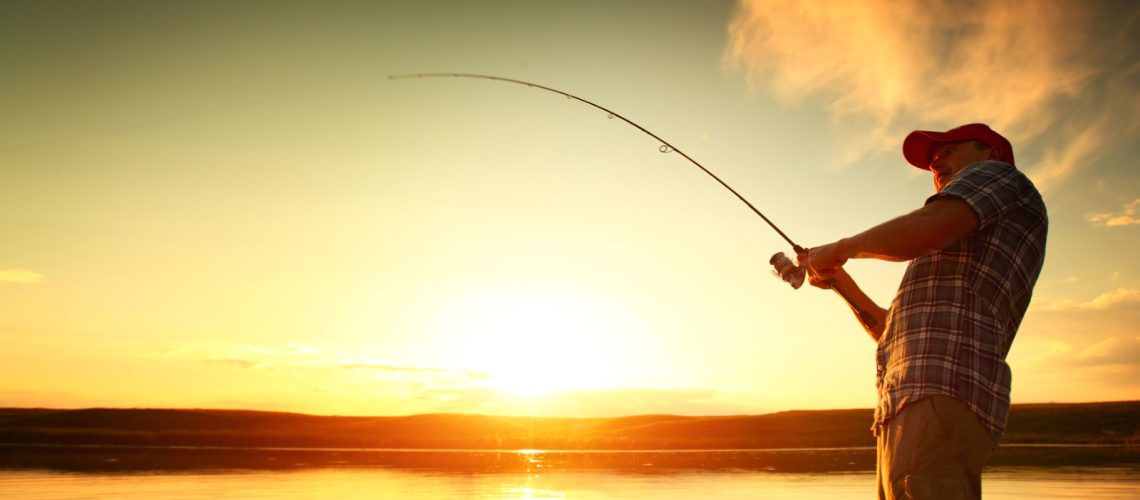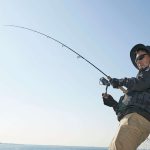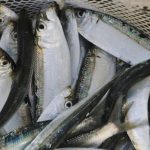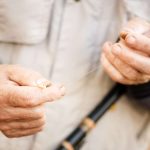A successful fishing expedition starts with preparation. Before you go fishing, you need to pack the right fishing gear and bait. But that’s not all. Even if you’re an experienced angler with all the proper equipment, you need to go fishing at the right time. That said, here are five factors you should consider when choosing the best fishing time.
5 Factors to Consider When Choosing the Best Fishing Time
Temperature
Fish are cold-blooded. Therefore, temperature influences their activity. When it is very hot or cold, they tend to become lethargic, and they don’t get attracted to bait easily. Therefore, as a general principle, avoid fishing when it is extremely hot or cold.
Season
Since temperature can significantly influence fishing, the season you go fishing is a critical factor to consider. That said, here’s how fishing varies from season to season.
Winter
Winter is arguably the worst time to go fishing. During winter, fish are usually inactive, and they retreat to deeper waters. Therefore, unless you plan to go ice fishing, put away your fishing gear until it gets warmer.
Fall
Fishing during the fall can be relatively successful, but they require perfect timing. Generally, fish won’t bite much in the morning and early afternoon. However, you may catch plenty of fish if you go fishing in the afternoon and evening when the water is warmer.
Summer
Summer is an excellent time to fish. But avoid going fishing in the afternoon when it’s sweltering since fish retreat to deep waters to keep cool.
Spring
Spring can also be an ideal period to go fishing. But don’t be too quick to go out fishing in the morning. Spring mornings can be relatively cold, making fish inactive. Instead, go fishing between late afternoon to dusk when it gets warmer.
Tides
Besides temperature and seasons, tides are another critical factor you should consider when choosing the best time to go fishing. Generally, it is better to fish when there is a changing tide than a high or low one. But how can you determine when there is a changing tide? Simple. Open Google and type “tide chart” and your location.
However, if you decide to go fishing during a high tide, look out for shallow areas. On the other hand, during a low tide, look for a place with depressions at the bottom.
Weather
Weather is another crucial factor that impacts fishing. Often, windy days are excellent for fishing. Wind pushes water and food to the far shore and can lure game fish. Cloud cover can also affect fishing. Fish tend to feed more in low-light conditions, making overcast days great for fishing. Finally, rain can also impact fishing. Light rain accompanied by warm weather is great for fishing. Light rain can blur the water’s surface, making it difficult for fish to spot you. It can also result in an accumulation of insects in the water, driving fish to eat.
Consult
Last but not least, don’t hesitate to ask fellow anglers the best time to go fishing. Experienced anglers can provide you with invaluable information you won’t get elsewhere. Anglers aside, speak to staff at your local bait shop or fishing store. In addition to fishing gear and bait, they can also provide you with valuable tips on the best time to go fishing.
Bottomline
Choosing the best time to go fishing depends on a variety of factors. While the factors above are an excellent place to start, there are other factors to consider, such as the type of fish you’re trying to catch. For instance, while some fish prefer shallow waters, others prefer deeper waters. Thus, it’s essential to know the particular species you intend to catch before you go fishing.
Taking all these factors into consideration can feel overwhelming. We understand. But don’t overthink it. While some times are better to go fishing than others, the best time to go fishing is when you actually have time.





